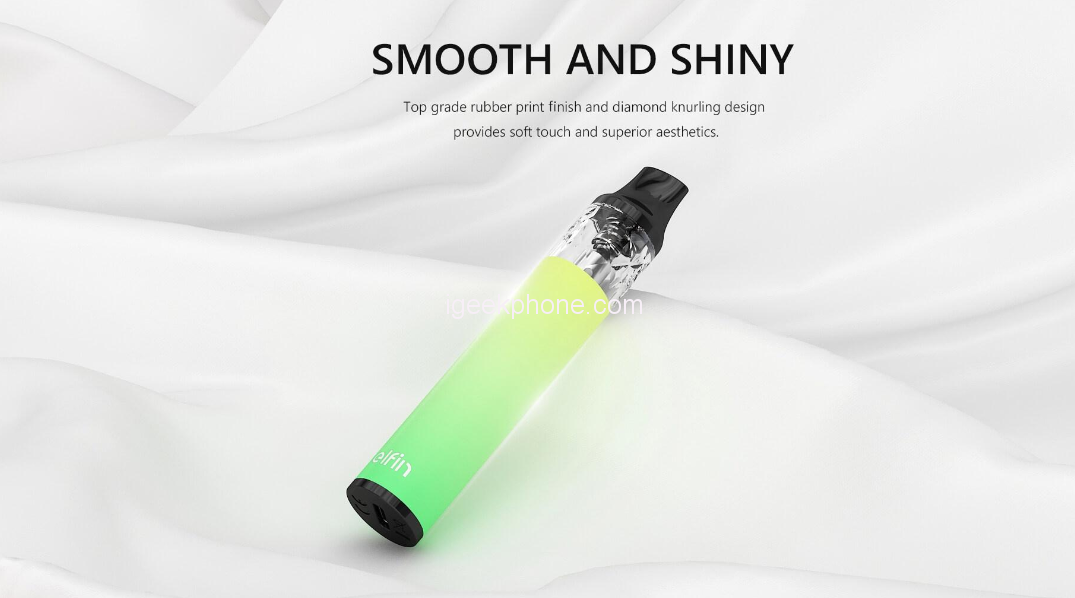1. Identification check
Whether the aluminum profile and packaging are marked with the product standard code and production license number.
2. Surface quality
In addition to cleaning, the surface of aluminum profiles should not be allowed to have cracks, peeling, corrosion and bubbles and other defects, but also not allowed to have corrosion spots, electrical burns, black spots, oxide film falling off and other defects.
3, oxide film thickness
The oxide film of aluminum profiles is formed in anodic oxidation, has protective and decorative functions, and can be tested by eddy current thickness gauge.
4, sealing quality
There are many gaps on the surface of aluminum profiles after anodizing. If not closed or not closed well, the corrosion resistance of aluminum profiles will be reduced. The commonly used methods for sealing quality inspection include acid leaching, admittance and phosphobutyric acid.
In the field inspection, acid leaching method is generally used, that is, the surface of the aluminum profile is scrubbed clean with acetone, the oil and dust are removed, the volume ratio of 50% nitric acid drops to the surface and gently scrub, 1 minute later, wash off the nitric acid with clear water, and then wipe dry, drop a drop of medical liquid medicine onto the surface, 1 minute later, wipe the liquid medicine and thoroughly clean the surface, carefully observe the traces left behind. Aluminum profiles with bad sealing will leave obvious marks, and the heavier the marks, the worse the sealing quality.










